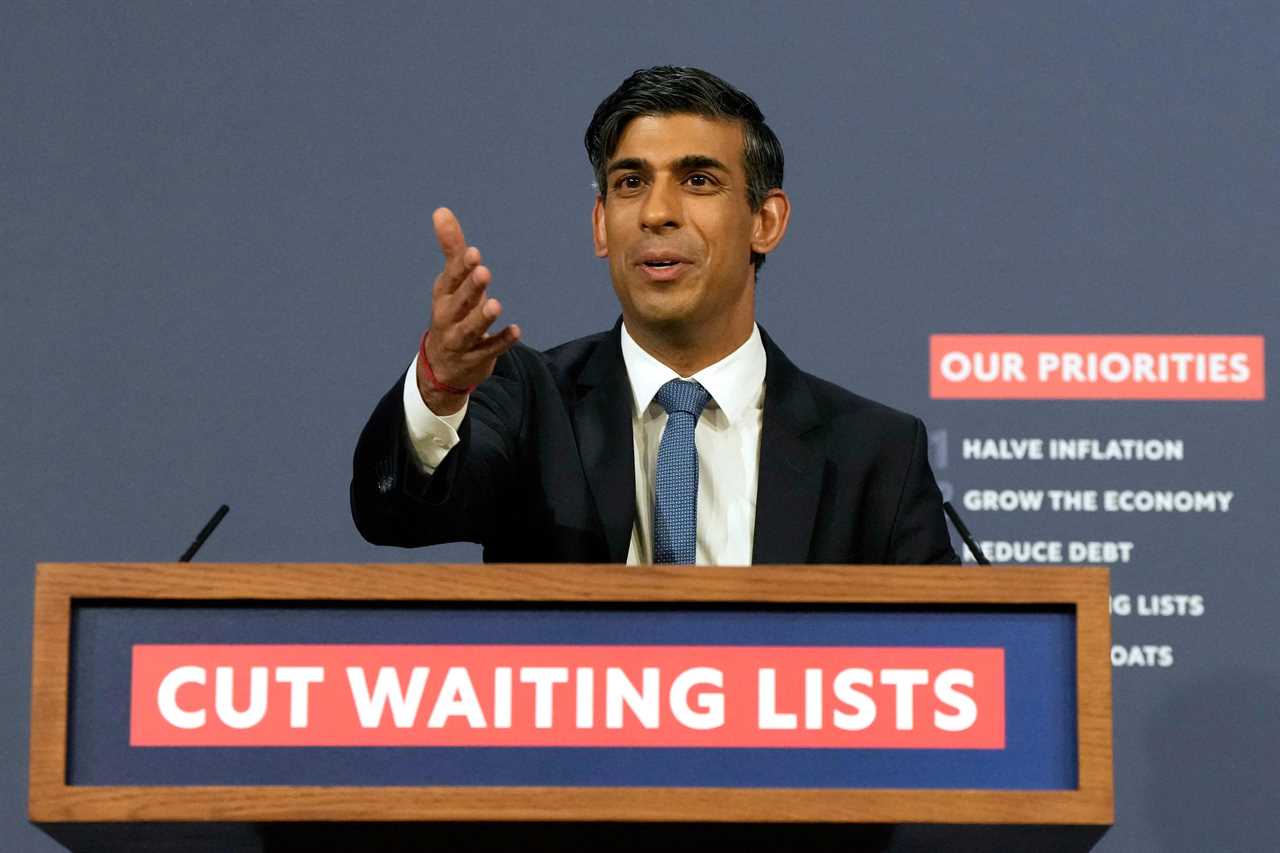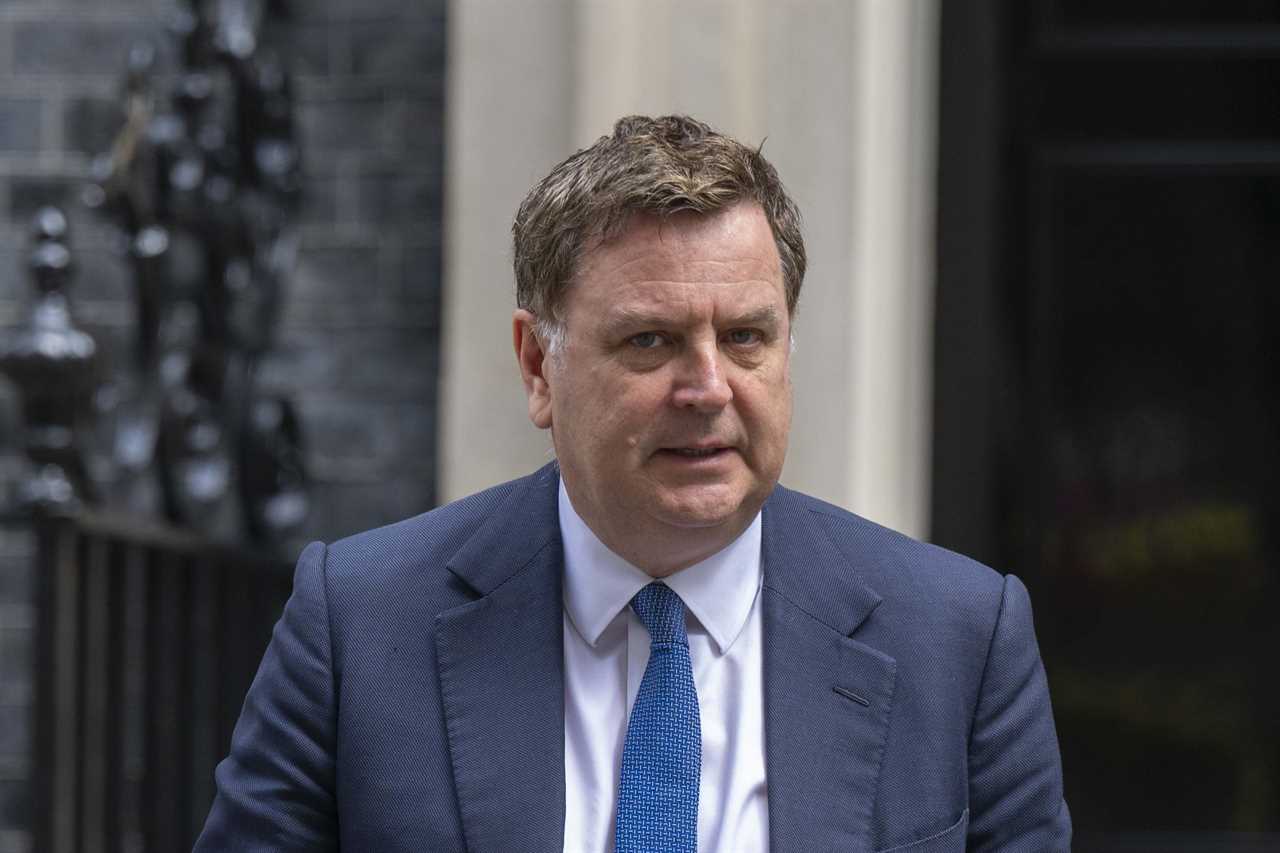BIG public sector pay rises will have to be paid for by cuts not more cash, Rishi Sunak suggested last night.
The PM warned that ministers “need to be responsible” and it was right to avoid excessive borrowing as that would fuel inflation.

Rishi Sunak said that big public sector pay rises will have to be paid for by cuts not more cash

Mel Stride said problems will arise if ‘settlements are too high’
It came as earnings rose 7.3 per cent in the three months to May — the highest figure in 22 years.
Pay deals for teachers, police and civil servants are due to be announced in two weeks, when an independent body is expected to recommend an average of six per cent.
Downing Street insisted “the money must come from somewhere” and that any decision requires departments to balance the books.
It means the rises could be refused by the PM — or only paid if departments agree cuts elsewhere.
When grilled on the way to the Nato summit in Lithuania, the PM said: “We want to be fair, we want to do things that are affordable for the taxpayer and we need to be responsible.”
The PM said he was prepared to use policies to tackle inflation, adding that departments “should not fuel the fire by excessive borrowing”.
Work and Pensions Secretary Mel Stride warned: “If the settlements are too high, that will feed into those problems.”
Last year ministers defended below-inflation pay hikes, saying the independent bodies had proposed them.
No 10 said yesterday: “We want to agree fair and reasonable pay offers, as we did for one million NHS staff.
“For our plans to halve inflation to work, we need to stay disciplined. Part of that is pay restraint.”
The large pay rises being paid out to workers led City analysts to predict yet another painful interest rate hike.
Deutsche Bank experts said another jump from 5 to 5.5 per cent is “more likely than not” on August 3.






